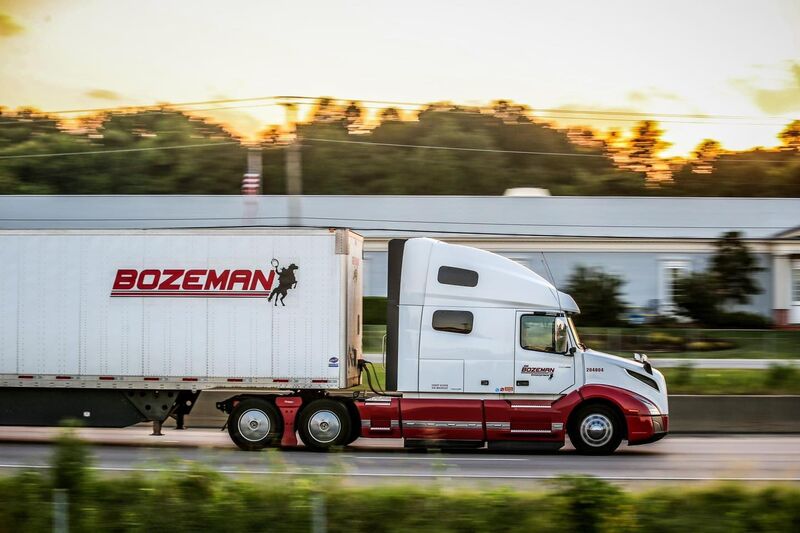Market Express is a truckload and intermodal carrier operating a fleet of 360 drivers across key freight corridors. Based in Portland, Oregon, the company handles a mix of regional and drayage operations. With a lean safety team that was juggling spreadsheets and data entry, Denise Rugh, Director of Safety, and her team sought a more efficient way to manage their accidents and claims. What began as a search for a streamlined system quickly evolved into a broader safety transformation—driven by their commitment to improvement and backed by the right tools.
At a Glance...
The Challenge
Following multiple acquisitions, the Market Express safety team found themselves managing a patchwork of systems, relying heavily on spreadsheets to track accidents, log claims, and organize driver data. Denise and her team weren’t just trying to keep up—they were determined to shift from reactive safety to a truly proactive approach. But with more than three hours a day spent on manual logging and reporting, they were left with little time to get ahead.
Solution
To free up time and reduce friction, the team implemented Idelic’s Safety Suite as a cost-effective platform for centralizing accident and claims data. From there, they began layering on tools to further strengthen their program—automated coaching workflows, predictive risk analytics, and integrated reporting that put real-time insights at their fingertips.
Results
- 15 hours saved weekly on data entry and manual reporting
- All accident and claims records centralized and reportable by driver
- Improved driver onboarding
- Laid the groundwork for org-wide safety ownership
The Full Story
A Need for Change
For years, Market Express tracked accidents and claims data across four massive spreadsheets. It worked, until the team began to outgrow it following several acquisitions.
“We were running out of columns and space,” said Director of Safety, Denise Rugh. “We couldn’t add in enough formulas or charts to really identify trends in a meaningful way. Everyone dreaded trying to pull reports.”
As the company expanded, the stakes grew. The team explored traditional RMIS platforms like Luminos, but found they were too complex, too expensive, and not always built for the hands-on, practical needs of a lean safety team.
That’s when they found Safety Suite—a flexible, lightweight platform that fit their goals, backed by a team that was open to making the product fit their needs.
- One place for all accident and claims records to live
- Seamless integration with their Samsara ELDs
- A user-friendly, lightweight design that didn’t require a large implementation lift
Discovering More Than Expected
While they came to Idelic for accidents and claims tracking, the team quickly realized the platform offered far more value.
Professional Development Plans (PDPs) became a vital part of their onboarding and performance improvement processes. The team built structure around onboarding and performance management. Automated assignments, follow-ups at 30, 60, and 180 days, and documented training helped ensure that no driver slipped through the cracks.
With the Driver Watch List, the team gained an always-on tool that compares their drivers’ behavior against 40 billion miles of driving data and 500,000 accidents, helping them proactively identify risky trends and prioritize where to focus their attention each day.
SafeView reporting has transformed how they report and identify trends. What once took a minimum of 15 hours each week, sifting through spreadsheets and pulling paper files, now takes seconds.
“Reporting alone has saved us several hours each day,” Rugh explained. “We can drill right into a trend or driver record with one click, and we can pull our data so that we have hard numbers to get other departments on board.”
What’s Next: Making Safety a Shared Responsibility
Today, Denise and her team are channeling the time and clarity they’ve earned into a broader mission: making safety a shared responsibility across the organization.
“We’re working to get everyone involved in safety, especially our terminal and driver managers,” said Rugh. “It’s more than the role of the safety department, it has to be a commitment across the fleet. Having easily accessible data has laid the groundwork for those conversations and we’re looking forward to what’s next.”
The team is exploring new dashboard views and supervisor-based reporting to help managers take ownership and identify coaching opportunities on their teams.
What started as a search for a better system of record has become a testament to the determination and vision of a safety team that refuses to settle.



